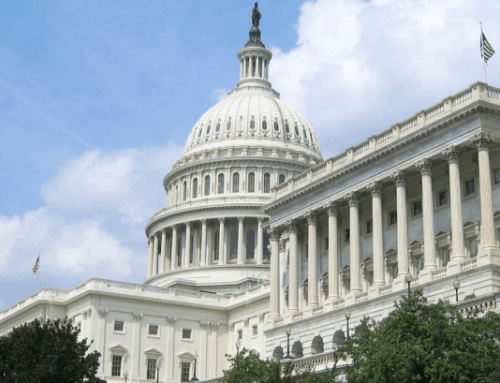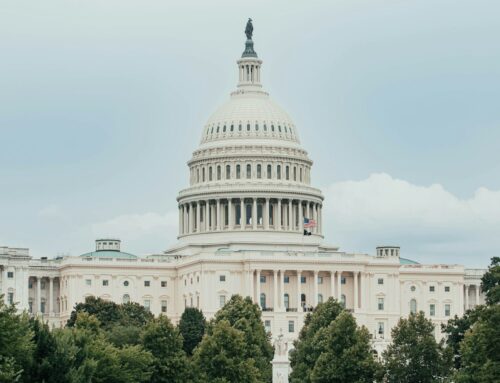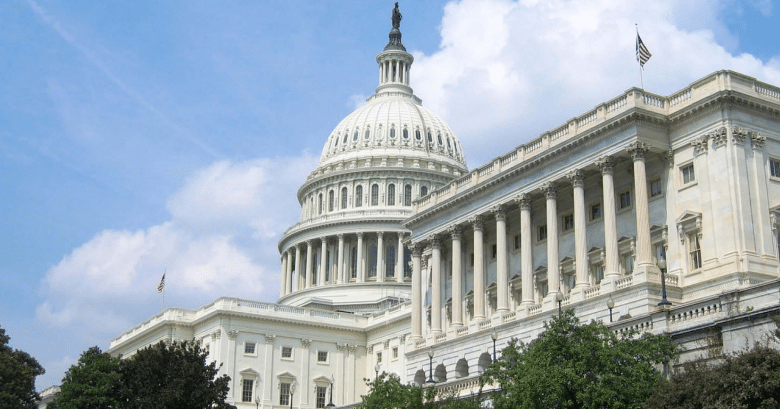I've written several times in this space about dysfunction in the appropriations process, lamenting the fact that Congress has failed to responsibly exercise the power of the purse it holds so dear. Congress has failed to pass the dozen appropriations bills individually and on time (which is to say prior to the start of our federal fiscal year on October 1) for the past 19 years, and is on track to make it a round 20.
This year, Congress took steps that allowed for success by passing a two-year budget in December, setting the spending levels belatedly for fiscal 2014, but well in advance for fiscal year 2015. There have been no inter-chamber barriers to success this year as there have been in past years. But, not surprisingly, here in mid-July, the Senate has failed to pass a single appropriations bill, the House has only passed six, and there is already talk of a continuing resolution to enable the government to continue to function at last year’s level after the September 30 end of the fiscal year.
Clearly, there are many reasons why Congress cannot seem to pass appropriations bills on time, regardless of which party holds power – disagreement on priorities, crises that divert Congress from completing the tasks or simply lack of will. But I thought it was also worth talking about why this matters.
1. Uncertain appropriations and year after year of continuing resolutions leads to waste in federal agencies. The absence of clarity in the annual appropriations process makes it more difficult for agencies to plan, to hire and to manage their staffs and perform their missions.
2. Continuing resolutions and delayed appropriations undermine oversight. As designed, the annual appropriations process should be informed by oversight by both appropriations subcommittees and other committees of Congress. In practice, the budget hearings that lead to appropriations and the prolonged process of passing multiple continuing resolutions leaves little room to do meaningful oversight, to determine which programs are producing the highest return on taxpayer investment and which programs are performing below expectations or standards.
3. Congress needs the practice. The two jobs of Congress are to legislate and to provide oversight. Passing the 12 appropriations bills in each chamber, each year, going to conference, and getting those bills to the president’s desk exercises those legislating muscles.
4. Needs go unmet. Let’s not forget that Congressional appropriations allocate funds to programs that operate in communities across the country. Just as federal agencies can’t operate efficiently with uncertainty and delays, programs that rely on federal funding struggle as well. Of course, there may be programs that should not continue to receive the level of support they currently receive, but delays and continuing resolutions harm worthy as well as wasteful programs.
5. Failure to discharge this most basic duty undermines voter confidence in Congress. Across the political spectrum, Congressional candidates and members of Congress extoll the importance of Congress maintaining the power of the purse. If they can’t show voters that they have the ability to exercise this power, voters have another reason to disapprove of Congress.
We know that legislating is hard work. And writing spending bills is harder than most. Deciding how and where to allocate funds responsibly requires making tough, clear-eyed decisions about what works and what doesn’t, what we can afford, and what we can’t afford. It requires reading and understanding budget requests and reviews and communicating complex decisions in a way that busy voters can digest. But it is an important part of the job members of Congress were elected to do. We hope, rather than expect, Congress will move towards treating the appropriations process with the thoughtful consideration it deserves.










